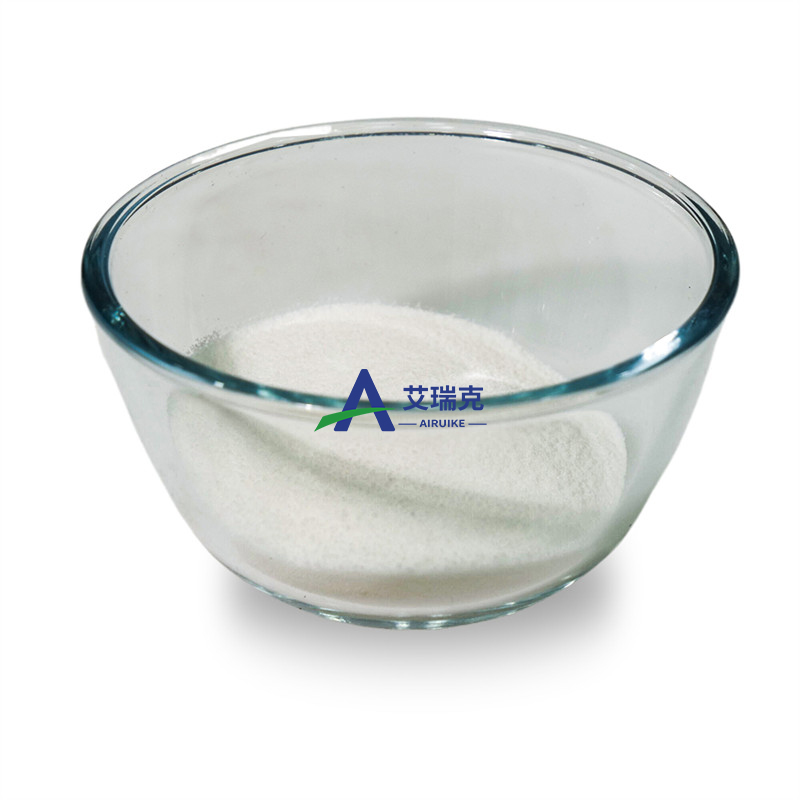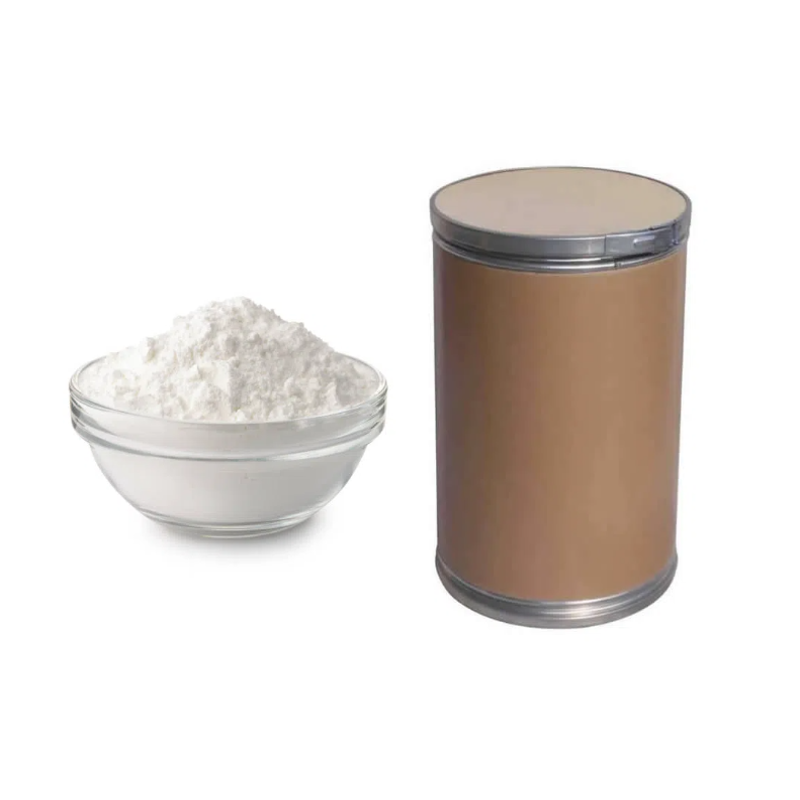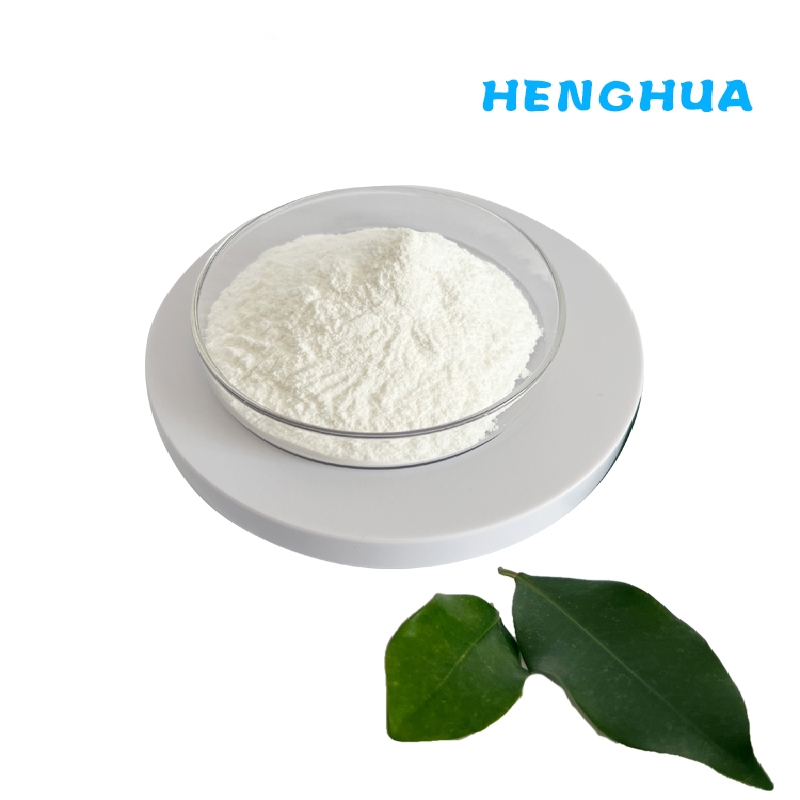-
Categories
-
Pharmaceutical Intermediates
-
Active Pharmaceutical Ingredients
-
Food Additives
- Industrial Coatings
- Agrochemicals
- Dyes and Pigments
- Surfactant
- Flavors and Fragrances
- Chemical Reagents
- Catalyst and Auxiliary
- Natural Products
- Inorganic Chemistry
-
Organic Chemistry
-
Biochemical Engineering
- Analytical Chemistry
-
Cosmetic Ingredient
- Water Treatment Chemical
-
Pharmaceutical Intermediates
Promotion
ECHEMI Mall
Wholesale
Weekly Price
Exhibition
News
-
Trade Service
Written byWang CongEditor
Wang Duoyu typesettingWater Chengwen
Bladder Cancer (BCa), is one of the most common malignant tumors in the urinary system, Most are transitional epithelial cell carcinomas
.
In foreign countries, the incidence of bladder cancer is second only to prostate cancer in male urogenital tumors, ranking second, while in China, bladder cancer ranks first
.
If bladder cancer is diagnosed at an early stage, the possibility of treatment is still high, the 5-year survival of patients is 77%, but the recurrence rate after bladder cancer treatment is as high as 70%, so the development of more effective anti-bladder cancer methods has become a top priority for medical workers
.
On October 5, 2022, researchers from Northwestern University published a paper in Science Advances: Immune activation is essential for the antitumor activity of EZH2 Research paper by Inhibition in urothelial Carcinoma.
The study is the first to confirm that Tazemetostat, an epigenetic drug currently used to treat lymphoma and sarcoma, is able to suppress bladder cancer by activating the immune system
。 The research team has initiated human clinical trials
for advanced bladder cancer.
Joshua J.
Meeks, the corresponding author of the paper and an associate professor at Northwestern University's Feinberg School of Medicine, said this is the first discovery of an epigenetic drug EZH2 inhibitor — Tazemetostat actually works by activating the immune system, not just inhibiting tumor growth
.
The survival rate for advanced bladder cancer is extremely low, but the mechanism of action of tazecistat is different from other anticancer drugs or therapies, which is also the first application
of epigenetic drugs in bladder cancer.
EZH2 is a histone methyltransferase that catalyzes the trimethylation modification of histone H3 lysine 27 (H3K27me3) through its SET domain to silence downstream target genes
.
In many cancers, EZH2 is highly expressed and promotes cancer development and malignancy
.
Therefore, EZH2 is an ideal target for
anti-cancer drugs.
Tazecistat was developed
by epigenetic drug development company Epizyme.
In January 2020, the FDA approved Tazemetostat, the world's first EZH2 inhibitor, for the treatment of metastatic or advanced epithelioid sarcoma (ES)
that is not suitable for surgical resection.
Tazemustat
EZH2 is usually overexpressed in most solid tumors and exerts a cancer-promoting effect by "locking" the tumor into a growing state, thus becoming one of
the main genes associated with cancer.
Some of the most common gene mutations in bladder cancer can make EZH2 more active, further promoting the development of
bladder cancer.
Therefore, the team tried to inhibit EZH2 gene expression in a mouse model of bladder cancer, and the results showed that after inhibition of EZH2, the tumor in the mouse model of bladder cancer was significantly shrunk and filled with immune cells
.
This suggests that EZH2 may also play a role
in suppressing the immune system.
Next, the team used Tazemetostat, a commercially available EZH2 inhibitor, to treat bladder cancer mice, and the results showed that tazemustat filled the bladders with immune cells
.
When using a mouse bladder cancer model without T cells, tazecilastat treatment was ineffective, suggesting that tazecilastat exerts anti-cancer effects
primarily by activating the immune system.
JoshuaJ.
Meeks says tazecistat is well tolerated and can therefore be used
in combination with other bladder cancer therapies.
It is reported that the research team is conducting a clinical trial
of tazeshistat treatment for patients with advanced bladder cancer.
Link: style="letter-spacing: normal;color: rgb(136, 136, 136);font-size: 12px;" _mstmutation="1" _istranslated="1">
open for reprinting Welcome to forward to Moments and WeChat groups
Wang Duoyu typesettingWater Chengwen
Bladder Cancer (BCa), is one of the most common malignant tumors in the urinary system, Most are transitional epithelial cell carcinomas
.
In foreign countries, the incidence of bladder cancer is second only to prostate cancer in male urogenital tumors, ranking second, while in China, bladder cancer ranks first
.
If bladder cancer is diagnosed at an early stage, the possibility of treatment is still high, the 5-year survival of patients is 77%, but the recurrence rate after bladder cancer treatment is as high as 70%, so the development of more effective anti-bladder cancer methods has become a top priority for medical workers
.
On October 5, 2022, researchers from Northwestern University published a paper in Science Advances: Immune activation is essential for the antitumor activity of EZH2 Research paper by Inhibition in urothelial Carcinoma.
The study is the first to confirm that Tazemetostat, an epigenetic drug currently used to treat lymphoma and sarcoma, is able to suppress bladder cancer by activating the immune system
。 The research team has initiated human clinical trials
for advanced bladder cancer.
Joshua J.
Meeks, the corresponding author of the paper and an associate professor at Northwestern University's Feinberg School of Medicine, said this is the first discovery of an epigenetic drug EZH2 inhibitor — Tazemetostat actually works by activating the immune system, not just inhibiting tumor growth
.
The survival rate for advanced bladder cancer is extremely low, but the mechanism of action of tazecistat is different from other anticancer drugs or therapies, which is also the first application
of epigenetic drugs in bladder cancer.
EZH2 is a histone methyltransferase that catalyzes the trimethylation modification of histone H3 lysine 27 (H3K27me3) through its SET domain to silence downstream target genes
.
In many cancers, EZH2 is highly expressed and promotes cancer development and malignancy
.
Therefore, EZH2 is an ideal target for
anti-cancer drugs.
Tazecistat was developed
by epigenetic drug development company Epizyme.
In January 2020, the FDA approved Tazemetostat, the world's first EZH2 inhibitor, for the treatment of metastatic or advanced epithelioid sarcoma (ES)
that is not suitable for surgical resection.
Tazemustat
EZH2 is usually overexpressed in most solid tumors and exerts a cancer-promoting effect by "locking" the tumor into a growing state, thus becoming one of
the main genes associated with cancer.
Some of the most common gene mutations in bladder cancer can make EZH2 more active, further promoting the development of
bladder cancer.
Therefore, the team tried to inhibit EZH2 gene expression in a mouse model of bladder cancer, and the results showed that after inhibition of EZH2, the tumor in the mouse model of bladder cancer was significantly shrunk and filled with immune cells
.
This suggests that EZH2 may also play a role
in suppressing the immune system.
Next, the team used Tazemetostat, a commercially available EZH2 inhibitor, to treat bladder cancer mice, and the results showed that tazemustat filled the bladders with immune cells
.
When using a mouse bladder cancer model without T cells, tazecilastat treatment was ineffective, suggesting that tazecilastat exerts anti-cancer effects
primarily by activating the immune system.
JoshuaJ.
Meeks says tazecistat is well tolerated and can therefore be used
in combination with other bladder cancer therapies.
It is reported that the research team is conducting a clinical trial
of tazeshistat treatment for patients with advanced bladder cancer.
Link: style="letter-spacing: normal;color: rgb(136, 136, 136);font-size: 12px;" _mstmutation="1" _istranslated="1">
open for reprinting Welcome to forward to Moments and WeChat groups







